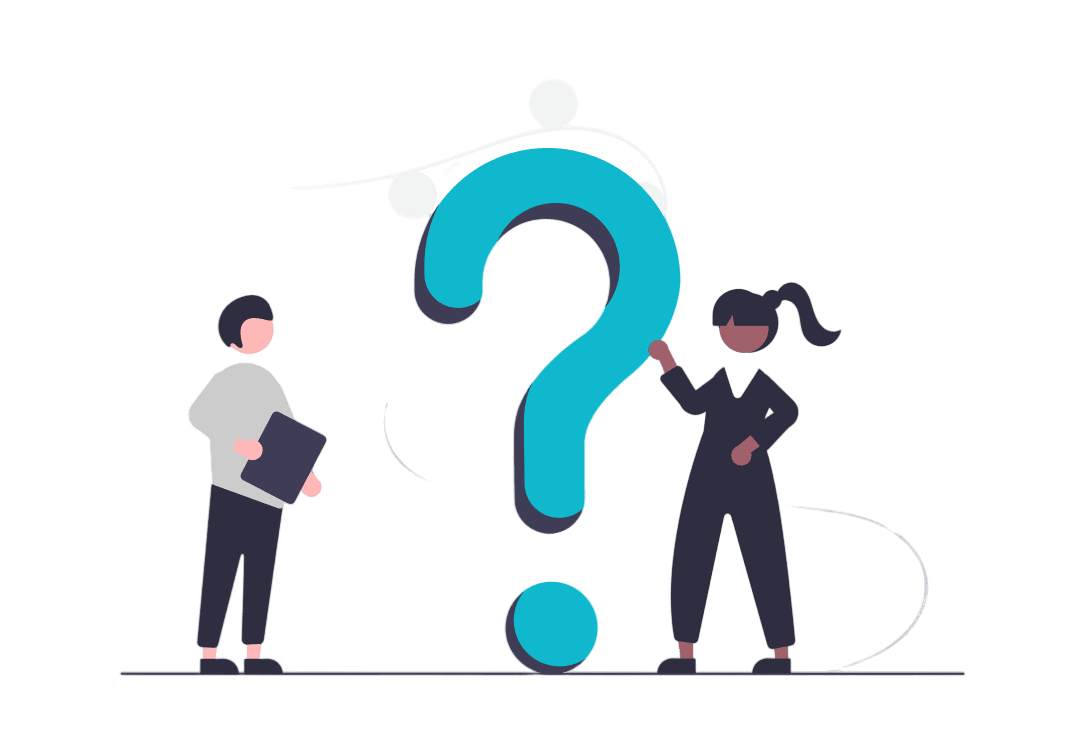Trauma

Comprehensive PTSD Treatment at Baltimore Counseling Center
Post-Traumatic Stress Disorder (PTSD) is a condition that can profoundly disrupt an individual’s entire life—impacting their emotions, relationships, and even physical health. At Baltimore Counseling Center, we understand the far-reaching effects of PTSD and are dedicated to offering effective, compassionate treatment to individuals and couples struggling with this disorder in the Baltimore area. In this article, we will guide you through the services we provide, our therapeutic approaches, and how we can help you or your loved one embark on the journey toward recovery. Our goal is to offer a supportive environment where healing can truly begin, and where every individual is given the tools and support they need to reclaim their life from PTSD.
What is PTSD?
Post-Traumatic Stress Disorder (PTSD) is a mental health condition that’s triggered by experiencing or witnessing a terrifying event. Symptoms may include flashbacks, nightmares, severe anxiety, as well as uncontrollable thoughts about the event. Many people who go through traumatic events may have temporary difficulty adjusting and coping, but with time and good self-care, they usually get better. If the symptoms get worse, last for months or even years, and interfere with day-to-day functioning, they may have PTSD.
PTSD can occur in people of any ethnicity, nationality, or culture, and at any age. It develops as a reaction to physical or psychological trauma, and the type of events that can lead to PTSD include but are not limited to, violent personal assaults such as sexual assault or robbery, natural or human-caused disasters, accidents, or military combat. Not everyone who experiences such events will develop PTSD, however; the chance of developing this condition depends on a combination of factors including personal history, neurobiological makeup, and the nature of the traumatic event.
The treatment for PTSD typically includes psychotherapy, medication, or a combination of the two. Therapy aims to help people manage their symptoms, understand and change how they think about their trauma, and learn coping strategies to handle stressful situations more effectively.

Our PTSD Treatment Approaches
At Baltimore Counseling Center, we employ a variety of advanced therapeutic techniques tailored to meet the specific needs of individuals suffering from Post-Traumatic Stress Disorder (PTSD). Our treatment approaches are grounded in evidence-based practices known for their effectiveness in treating trauma and related conditions. Here are some of the key methodologies we utilize:
Cognitive Behavioral Therapy (CBT): This therapy is fundamental in helping individuals understand and change the thought patterns that are contributing to their PTSD symptoms. CBT is effective in addressing negative thought cycles, reducing the occurrence of flashbacks and anxiety.
Eye Movement Desensitization and Reprocessing (EMDR): EMDR is a unique, interactive psychotherapy technique used to relieve psychological stress. It is an effective treatment for trauma and PTSD. During EMDR therapy sessions, patients briefly relive specific traumatic experiences while the therapist directs their eye movements, which helps the brain process the traumatic memories and reduce their harmful effects.
Prolonged Exposure Therapy: This approach involves repeated, detailed imagining of the trauma or progressive exposure to real-life situations that trigger memories of the trauma. The goal is to help reduce the emotional response to trauma memories.
Group Therapy: We offer group therapy sessions that provide a supportive environment where individuals can share their experiences and learn from others facing similar challenges. Group therapy helps to normalize feelings, build resilience, and foster a sense of community.
Mindfulness and Stress Reduction Techniques: These practices are incorporated to help individuals develop greater awareness and presence of mind, reducing overall stress and improving emotional regulation.
Psychodynamic Psychotherapy: This therapy focuses on understanding and resolving the emotional conflicts that are driving or worsening PTSD symptoms, often by exploring past life events that may be connected to current distress.
Medication Management: While not a standalone solution, medication can be prescribed as part of a comprehensive treatment plan to help alleviate some of the psychological symptoms associated with PTSD, such as severe anxiety and depression.
At Baltimore Counseling Center, we believe in a holistic approach to treatment that not only addresses the symptoms but also helps individuals build the tools they need for long-term stability and well-being. Our experienced therapists work closely with each client to create a personalized treatment plan that best suits their individual circumstances and promotes recovery in a safe, supportive environment.

About Baltimore Counseling Center
Why Choose Baltimore Counseling Center?
Choosing the right treatment center for PTSD is crucial to a successful recovery. Baltimore Counseling Center offers several distinct advantages that make it an excellent choice for individuals seeking help with PTSD:
Experienced Therapists
Personalized Care
Supportive Environment
Holistic Approach
Community Engagement
Accessibility and Flexibility
Commitment to Confidentiality
Choosing the Baltimore Counseling Center means opting for a compassionate, professional, and supportive environment that prioritizes your mental health and well-being. We are dedicated to guiding you through your recovery journey with expertise and care, every step of the way.
Meet Our Team at Baltimore Counseling Center
At Baltimore Counseling Center, we are proud to have a team of dedicated professionals who are committed to providing the highest quality care and support to our clients. Here’s a brief introduction to our key team members:

Jeffrey Aviles, Founder and CEO
Jeffrey Aviles is the visionary founder and CEO of Baltimore Counseling Center. With a passion for mental health advocacy and a deep commitment to helping others, Jeffrey has dedicated his career to creating a therapeutic environment that promotes healing and personal growth. Under his leadership, the center has flourished into a respected institution known for its compassionate care and effective treatment approaches. His philosophy centers around understanding individual needs and fostering a supportive community that aids in the recovery process.
Shawn Rill, Therapist
Shawn Rill is a pivotal member of our therapy team, known for his expertise in treating PTSD and other trauma-related disorders. With a master’s degree in clinical psychology and several years of experience in both private practice and community mental health settings, Shawn brings a wealth of knowledge and a nuanced understanding of trauma to his sessions. He is particularly adept at using Cognitive Behavioral Therapy (CBT) and Eye Movement Desensitization and Reprocessing (EMDR) to help clients navigate their healing journeys. Shawn’s empathetic approach and commitment to tailoring therapy to each client’s unique needs make him a trusted and valued therapist at our center.

What are the benefits of PTSD treatment?
Treatment for Post-Traumatic Stress Disorder (PTSD) offers numerous benefits that can significantly enhance the quality of life for those affected. Here are some key advantages:
Reduction in Symptoms
Improved Emotional Regulation
Restored Sense of Control
Better Relationships
Increased Enjoyment in Life
Prevention of Negative Coping Mechanisms
Support and Validation
Improved Physical Health
What are the 7 symptoms of PTSD?
Post-Traumatic Stress Disorder (PTSD) can manifest in various symptoms, which can be grouped into several key categories. Here are seven common symptoms typically associated with PTSD:
Intrusive Memories: This includes recurrent, unwanted distressing memories of the traumatic event, flashbacks (reliving the trauma as if it were happening again), and nightmares related to the traumatic incident.
Avoidance: Individuals may avoid places, activities, people, and situations that remind them of the traumatic event. They might also avoid thinking or talking about the event.
Negative Changes in Thinking and Mood: This can include negative thoughts about oneself or others, feelings of hopelessness about the future, memory problems (especially not remembering important aspects of the traumatic event), difficulty maintaining close relationships, and feeling detached from family and friends.
Emotional Numbness: This often involves a lack of interest in activities previously enjoyed, feeling detached or estranged from others, or a reduced ability to experience positive emotions.
Increased Arousal and Reactivity: Symptoms in this category can include being easily startled or frightened, always being on guard for danger, self-destructive behavior (such as drinking too much or driving too fast), trouble sleeping, and irritability or angry outbursts.
Concentration Problems: Many people with PTSD find it hard to concentrate on their work or daily activities. They may be preoccupied with the trauma or their hyper-vigilance may disrupt their ability to focus.
Physical Symptoms: These can include sweating, shaking, headaches, dizziness, stomach problems, and other physical signs of stress. Often these symptoms are triggered by reminders of the trauma.
These symptoms can severely impact an individual’s daily life and functioning, making it difficult to work, pursue interests, or maintain relationships. Effective treatment, which may include therapy and medication, is crucial in helping those with PTSD regain control over their lives.
FAQ (frequently asked questions)

Conclusion
At Baltimore Counseling Center, we understand the profound impact PTSD can have on an individual’s life and the importance of comprehensive, empathetic care in the recovery process. Our diverse range of evidence-based therapeutic approaches, from Cognitive Behavioral Therapy and EMDR to group sessions and mindfulness practices, are designed to address the multifaceted nature of PTSD. Each treatment plan is meticulously tailored to meet the personal needs and goals of our clients, supported by a team of dedicated professionals who are committed to your journey of healing.
Choosing to seek help is a courageous first step towards reclaiming your life, and at Baltimore Counseling Center, we are here to support you every step of the way. We believe in not just overcoming trauma but also in empowering our clients to thrive beyond their PTSD symptoms. If you or a loved one are struggling with PTSD, do not hesitate to reach out to us. Let’s take that first step together towards a more peaceful and fulfilling life. Contact us today to begin your journey to recovery.
